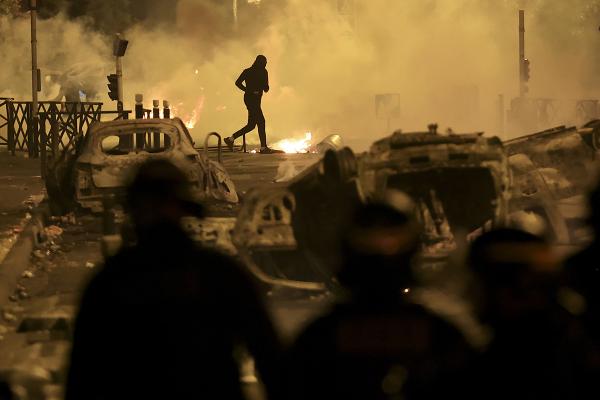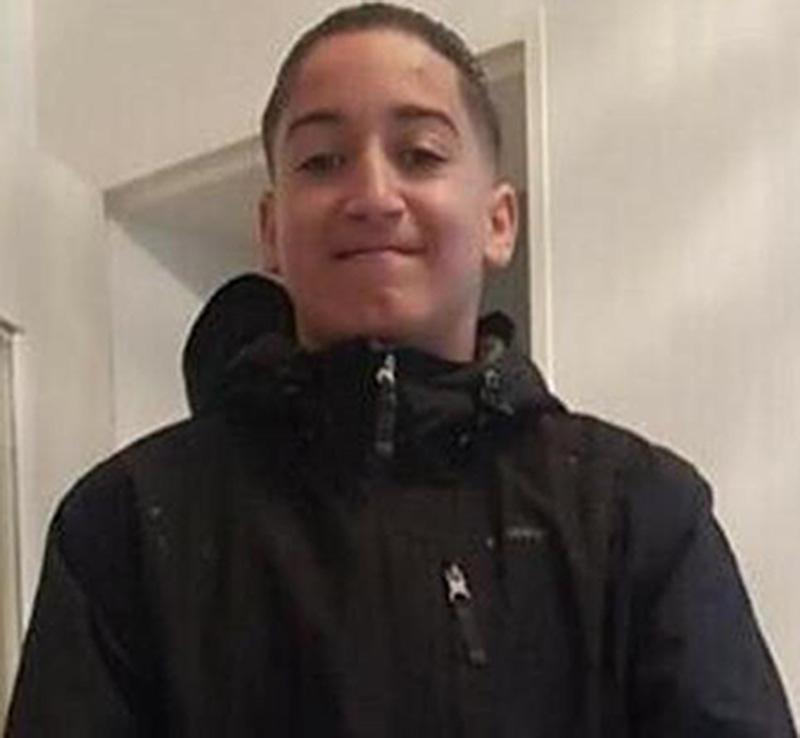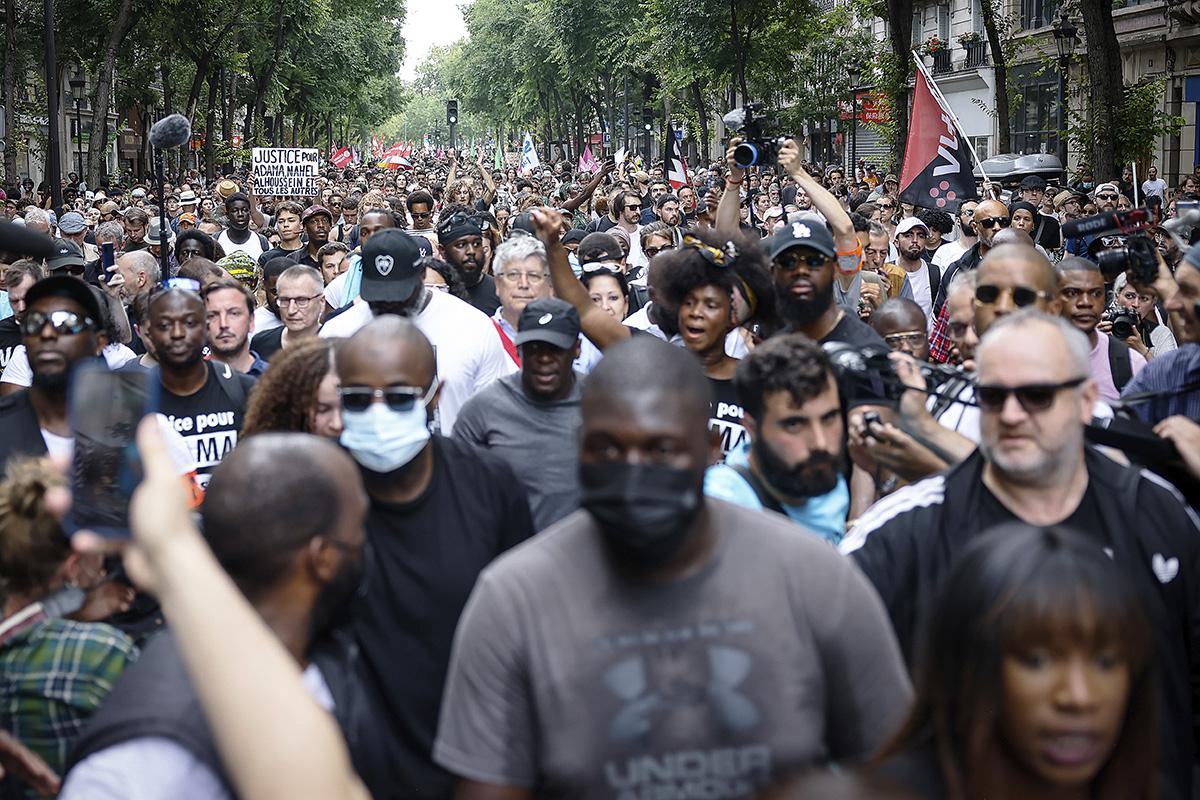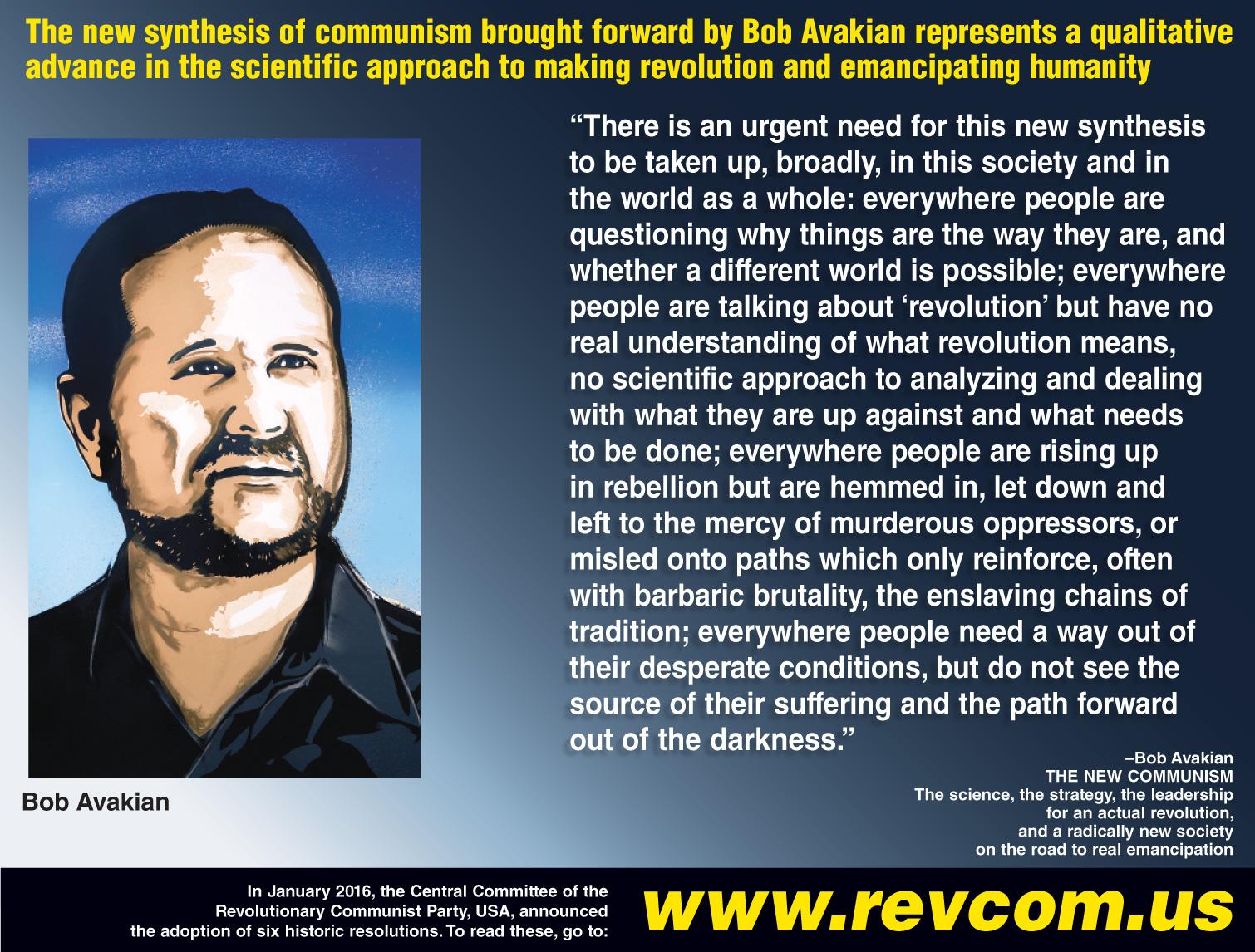
France, June 30, 2023: For the third night, tens of thousands of youths had risen up in a fierce rebellion against the institutions of French society—in particular the police. Photo: AP
On a Tuesday morning, June 27, Nahel Merzouk, a 17-year-old boy of North African descent, was driving through Nanterre, a suburb of Paris.
Four days later, Nahel would be buried there, his young life stolen by French pigs who shot him dead during a traffic stop.
But before Nahel was lowered into the ground, tens of thousands of youths like him had risen up in a fierce rebellion against the institutions of French society—in particular the police—shattering the official French denial of the disgusting, pervasive and sometimes deadly racism pervading French society.
Immediately after the cops shot Nahel, they claimed they acted in self-defense to stop Nahel from running them down. But not long after, bystander video revealing this to be a lie went viral. The video showed the cops drawing their guns on Nahel—who by their own account they recognized as being very young—even though they were in no danger from Nahel. In fact, many French speakers say that on the video you can hear the cops threaten Nahel, saying “I’m going to put a bullet in your head” just before Nahel tries to drive away.
The only thing left of the cops’ “justification” for killing Nahel is that he didn’t have a license and was “driving erratically.”
Nahel’s grandmother told journalists: “My grandson is dead, they killed my grandson. I’m against the government. … I’ll never forgive them for this in my life, never.”

Nahel Merzouk, 17-year-old murdered by police in France, June 27, 2023. Photo of Nahel Merzouk distributed by his mother
Driven to France by the Plunder of Their Countries, Then Shot Down When They Rebel Against Yet Further Oppression
For centuries, France has been one of the main European colonial/imperialist powers, with an empire stretching from Southeast Asia to North Africa to the Caribbean.1 France’s wealth and power has been built on the plunder of its colonies. Think about it: generation after generation in these areas poured their lives—and often lost their lives—into creating the great wealth and power of France, wealth that was sucked out of their countries by imperialism. And the ruination France brought to those colonies is the main reason that millions of African and Arab people migrated to France, seeking any kind of job, however miserable, to keep their families alive.
Black and brown (and often Muslim) immigrants and their descendants are now a large minority of the total French population.2 Many are crammed into the densely packed banlieues (suburbs) of the major cities, eking out a living from low-wage jobs, and (according to human rights groups) facing “longstanding, pervasive, widespread, and well-documented” ethnic profiling at the hands of the pigs. Officially “French,” they are held down by the government and openly despised by the growing fascist movement in France, which is very close to taking power, in large part on the basis of their racist slanders against immigrants.
Immigrant parents are fearful whenever their kids go out, nervously reminding them to take their ID. One youth described being stopped three times in one day. During one stop, the cops “put me violently up against the wall. One of the officers touches my private parts. Then, he hits me in the stomach and calls me a ‘dirty Arab.’”
It is this reality of oppression that exploded on June 27 and continued at high intensity through July 2. From Paris (the capital) in the north to the major port city of Marseilles in the south, Lille in the northeast and even the sleepy village of Pau in the Pyrenees mountains on the western border, people took to the streets. In fact, the rebellion jumped national borders, with outbreaks reported in Brussels (Belgium), in the island colony of Réunion (5,800 miles from Paris in the Indian Ocean) and in French Guiana on South America’s Caribbean coastline.

The French government hoped to cool things out by beginning legal proceedings against the killer cop, but when that didn’t calm the waters the government escalated repression rapidly. It threatened parents, demanding they keep their kids home or be held responsible for their role in the rebellion. By June 30, 45,000 cops—in some cases backed by armored vehicles and helicopters—were deployed against the youth. One large police union called the rebelling youth “vermin.”
On June 29 alone, 667 people were arrested. By the end of the fifth night there were 3,500 arrests. In many places curfews were imposed and/or organized protests banned, but on June 30 thousands marched in a banned protest in Lyon. Even on July 8—a week after the uprising died down—banned protests called by the sister of a man killed by police in 2016 drew thousands in Paris (where police dispersed 2,000 marchers from the huge Place de la Republique) and in 30 other French cities.

Thousands march during a banned protest against police violence, July 8, 2023 in Paris. Photo: AP/Thomas Padilla
This was the unstoppable fury of youth who even as French-born “full citizens” face relentless oppression.3 While there was some looting of small businesses and attacks on schools and town halls, the main target was the police. According to the government, 273 buildings belonging to the security forces were attacked with many ransacked or set afire.
Two Challenges
This uprising was not only fully justified, but inspiring—a cri de coeur (cry from the heart) of those who are treated as less than dirt, and an indication of the potential power of such long suppressed outrage to spread like the wind and stand up, at least for a time, against the overpowering forces of a modern imperialist government.
Yet there are two glaring weak points that stand out in the way events unfolded:
The first is that the rebellion—righteous as it was—did not seem to be infused by, or even contain any element of a vision of a different future and a different society that people should fight for, nor of the need for revolution—the overturning of France’s capitalist-imperialist system—in order to bring about any kind of fundamental and liberating change.
The second is that it appears that the system was able to politically isolate the uprising. In this, they played upon some secondary weaknesses in the uprising that involved wrongly broadening the target. While it was widely reported that broad sections of French people were shocked and shaken by the murder of Nahel and the lies told to cover it up, there were very few expressions of support for the rebelling youth—no statements of solidarity (that we are aware of) from progressive individuals, artists or organizations, no protests against the violent repression of the youth.4 Any weaknesses in the rebellion were secondary and absolutely do NOT justify standing aside from it.
This is really shameful, especially given the fact that French people in their hundreds of thousands were recently in the streets for weeks fighting (justly) to defend their retirement age of 62 from a government plan to raise it to 64. But where was their passion for justice when these youth were fighting for their right to even grow up, much less retire?!
Meanwhile, France’s powerful fascist forces claimed that the “riots” just proved that they were right all along—immigration was turning France into “Hell” (for more privileged sections—it’s already hell for the basic masses), or even that the uprising showed that people from Africa and the Middle East were hardwired for “criminal” behavior and would not change no matter how many generations were born in “civilized” France.5
The fascists did seem to gain some ground among middle class French people. One indicator is that a crowdfunding campaign for the family of the killer cop quickly raised $1.6 million. Another is the rallies across France to support town halls on July 3. (Ninety-nine town halls were reportedly attacked by youth during the rebellion.) While some people at these rallies expressed sympathy for Nahel and for immigrant youth generally, objectively the rallies were calls for “order” above all else and in opposition to the rebellion.
These two weaknesses are closely interconnected. For example, the more there is a positive vision of the future and a firm stand against revenge, the better the conditions to wage sharp struggle with potentially sympathetic middle forces who otherwise would tend to fear the collapse of the existing social order and the threat of “chaos” more than they dislike the unjustness and destructiveness of that order. Otherwise that fear, combined with spontaneous French national chauvinism, can even lead them into the arms of the fascist forces of “law and order.”
None of this is meant to justify the failure of broad sections of French people to support the rebellion. And it certainly does not mean that the rebellion was a “mistake” because it didn’t appeal to enough broader forces. It is right to rebel against oppression, and doing so overall creates better conditions for revolution. Indeed, without such rebellions there is the danger that the masses will be driven down further—people DO need to rise up against the crimes of the system. But it is revolution, not just rebellion, that not only the oppressed but humanity as a whole desperately needs, and that truth must be increasingly pushed to the forefront of the uprisings of the oppressed and in all sections of society.
All this drives home the importance of this point, from The New Communism by Bob Avakian:
There is an urgent need for this new synthesis to be taken up, broadly, in this society and in the world as a whole: everywhere people are questioning why things are the way they are, and whether a different world is possible; everywhere people are talking about “revolution” but have no real understanding of what revolution means, no scientific approach to analyzing and dealing with what they are up against and what needs to be done; everywhere people are rising up in rebellion but are hemmed in, let down and left to the mercy of murderous oppressors, or misled onto paths which only reinforce, often with barbaric brutality, the enslaving chains of tradition; everywhere people need a way out of their desperate conditions, but do not see the source of their suffering and the path forward out of the darkness.
